# india
12 posts in `india` tag
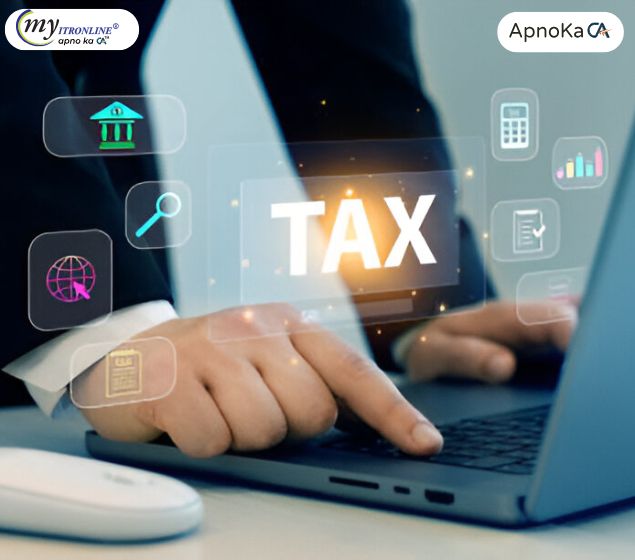
Updated Tax Returns (ITRU): Made a Mistake? Now You Have 4 Years!
This blog post explains the Updated Tax Return (ITRU), a crucial provision under Section 139(8A) of the Income Tax Act that allows taxpayers to correct errors or declare omitted income in previously filed ITRs. It highlights the significant extension of the filing deadline from two to four years from the end of the relevant assessment year, providing more flexibility. The article details the penalties and interest associated with filing an ITRU, outlines who is eligible to file (those declaring additional income) and who isn't (those seeking refunds or reduced liability), and provides a step-by-step guide on the filing process. The aim is to empower taxpayers to proactively ensure compliance and avoid harsher penalties, with a strong call to action for expert assistance from MyITRonline.
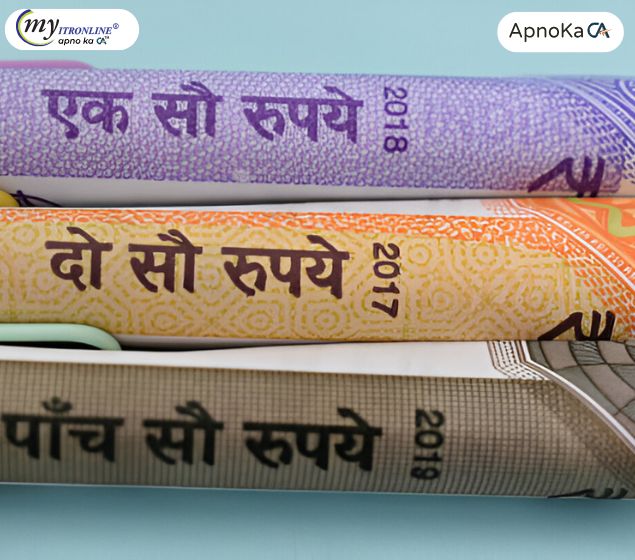
India's Tax Report: Why a Small Drop is Actually Good News
This blog analyzes India's direct tax collections for FY 2025-26 (as of June 19, 2025). While net collections show a slight dip, the detailed breakdown reveals robust gross collection growth and a significant increase in tax refunds, reflecting enhanced taxpayer services. Positive advance tax figures further signal underlying economic strength and optimistic future expectations, painting a picture of resilience rather than slowdown
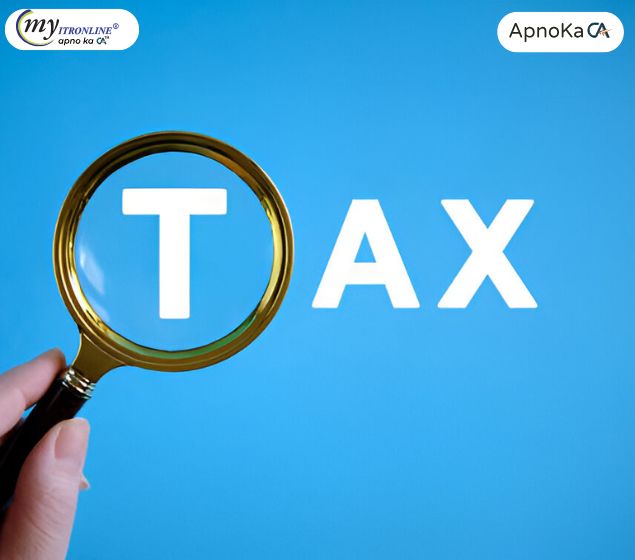
Official: Forum of Regulators Gets Tax Break from CBDT (Notification S.O. 2740(E)
The Central Board of Direct Taxes (CBDT) has exempted the Forum of Regulators (FOR), which oversees India's electricity sector, from income tax on specific income streams under Section 10(46) of the Income-tax Act. This retrospective exemption covers government grants, membership fees, and bank interest, providing financial relief and enabling FOR to more effectively align power regulations, promote best practices, and protect consumer interests
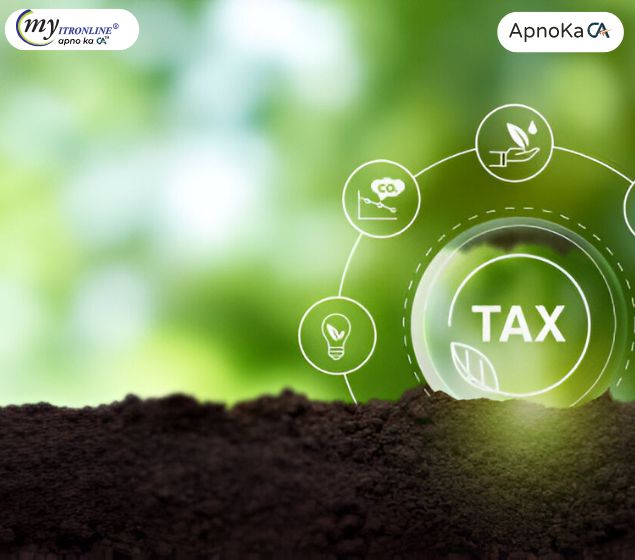
What is TDS and How Does it Affect Your Income Tax? Your Complete Guide
TDS: Explained! From your salary slip to bank statements, understand what Tax Deducted at Source really means for your income tax in India. Learn its purpose, common types, and how to track your credits via Form 26AS. Ready to decode TDS and ensure accurate ITR filing? Myitronline is here to help you every step of the way.

Unlocking HRA Exemption: Yes, You Can Claim HRA While Staying With Your Parents in India!
Did you know you can claim HRA exemption even when you live with your parents? It's a common misconception that costs many taxpayers valuable savings. Our detailed blog post breaks down exactly how to do it legally: from ensuring genuine rent payments and formal agreements to understanding your parents' tax implications. Learn the crucial conditions and required documents to unlock this significant tax benefit. Simplify your HRA claim with expert guidance from myitronline.
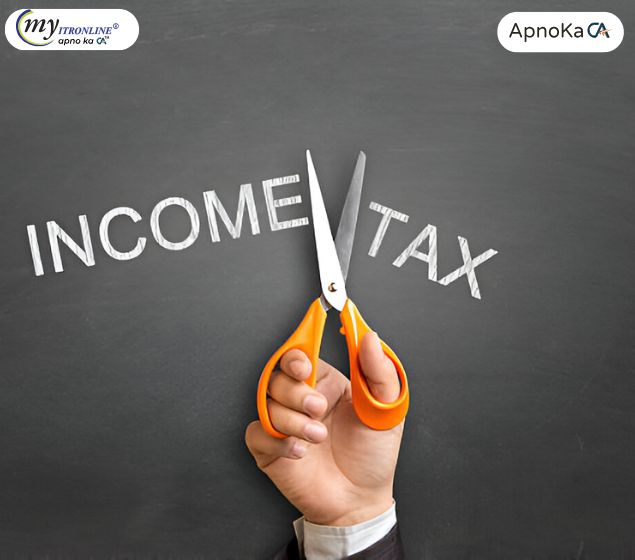
Feeling Confused About Form 10-IEA? Here's Why This One Form Can Make or Break Your Old Tax Regime Choice (AY 2025-26)
Navigating tax regimes can be tricky, especially with Form 10-IEA for the Old Tax Regime. If you're a business owner or professional, this form is crucial for your AY 2025-26 ITR, impacting your deductions and long-term tax strategy. Learn about the mandatory steps, critical deadlines, and the 'one-time' decision rule that could affect your future tax savings. Our blog demystifies this complex issue, helping you avoid common pitfalls and ensuring accurate filing. Get expert guidance from myitronline!

Important GST Update: Act Now! Returns Barred After 3 Years from August 1, 2025
This blog post provides an important update on GST for all registered businesses in India. Starting August 1, 2025, the GSTN will permanently prevent the filing of any GST returns that are more than three years overdue, according to the Finance Act, 2023. The article gives examples, such as GSTR-1 for June 2022 and GSTR-9 for FY 2020-21, to show the impact. It strongly urges taxpayers to reconcile their records right away and file any pending returns. The article discusses the serious consequences of not complying, including losing Input Tax Credit and facing legal troubles. It stresses the need to act now to prevent permanent blocking on the GST portal.
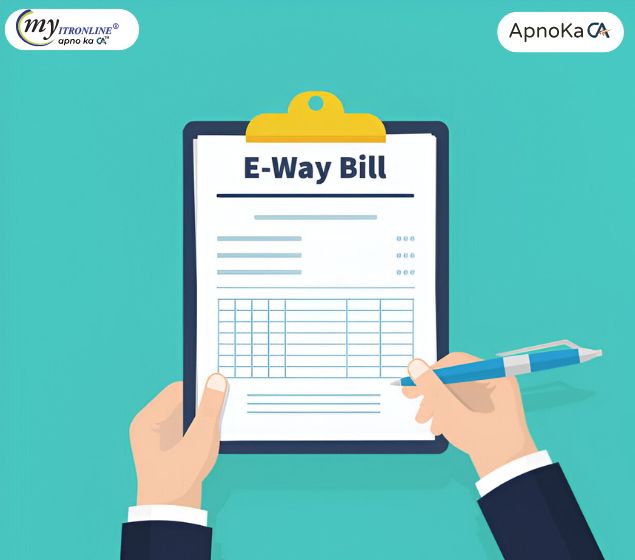
New E-Way Bill 2.0: What You Need to Know
This blog post provides a comprehensive yet concise overview of the upcoming E-Way Bill 2.0 system, effective July 1, 2025. It highlights the core objective of ensuring business continuity through a dual-portal operation and real-time data synchronization. Key enhancements, including new service functionalities and API integrations, are detailed, along with the benefits for taxpayers and transporters such as zero downtime and increased efficiency. The post concludes with actionable advice for businesses to prepare for the transition.
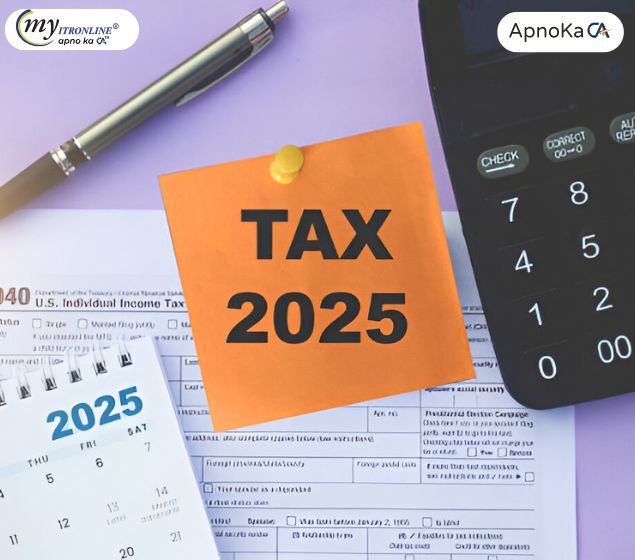
Easy Tax Rules for Small Businesses & Professionals (FY 2024-25)
This comprehensive blog post provides a detailed overview of the presumptive taxation schemes under Sections 44AD and 44ADA of the Income Tax Act, 1961, for the Financial Year 2024-25 (Assessment Year 2025-26). It explains the eligibility criteria, benefits, and important considerations (like the 5-year rule) for small businesses and professionals. Additionally, it clarifies the requirements for maintaining books of accounts under Section 44AA and the applicability of tax audits under Section 44AB, including the enhanced turnover limits. The blog aims to simplify complex tax provisions, helping taxpayers make informed decisions for better compliance and tax planning.
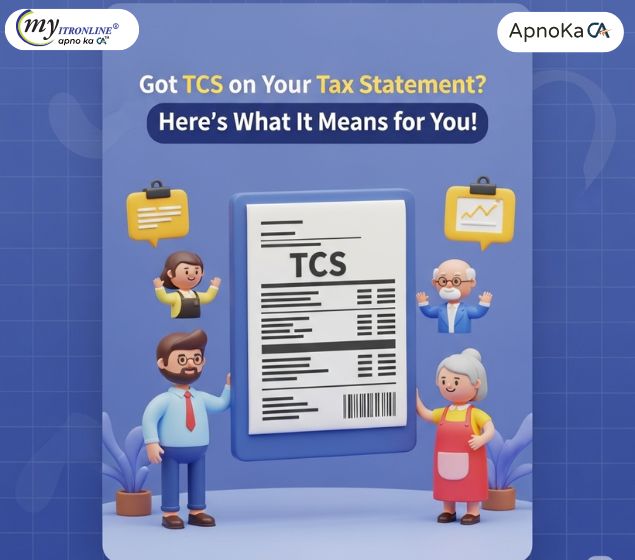
Got TCS on Your Tax Statement? Here's What It Means for You!
This blog demystifies Tax Collected at Source (TCS) for taxpayers, especially for Financial Year 2024-25 (Assessment Year 2025-26). It explains what TCS is, lists common transactions where it applies (like motor vehicle sales, overseas tour packages, and foreign remittances under LRS), and details how TCS affects one's tax liability. The post guides readers on how to reconcile TCS entries using their AIS/TIS and claim the correct credit when filing their Income Tax Return, helping them ensure accurate tax compliance and avoid discrepancies.

Your PAN Application Just Got a Smart Upgrade: Hello Aadhaar OTP!
The Income Tax Department has made Aadhaar-based OTP verification mandatory for PAN registration on its e-filing portal. This crucial update aims to enhance security, prevent fraud, and streamline identity verification. The blog explains what this change means for applicants, the reasons behind the shift (like improved verification and faster PAN-Aadhaar integration), and the steps individuals need to take, emphasizing the importance of having an active mobile number linked to Aadhaar for a smooth application process.
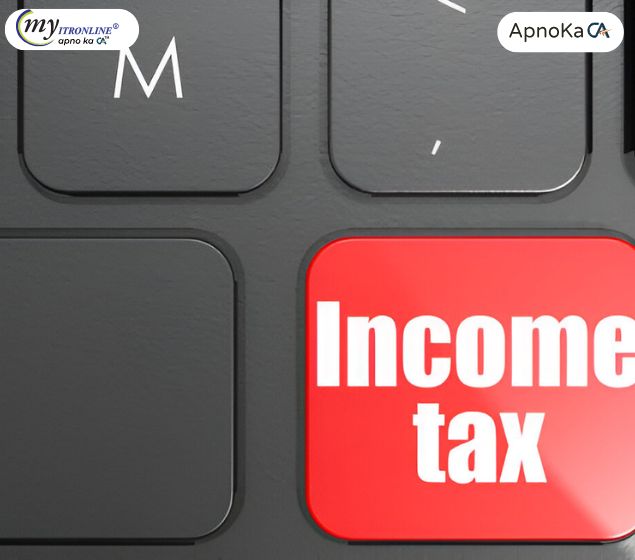
Big Changes in Your Tax Report: All You Need to Know About the New Form 26AS (AIS)
This detailed blog explores the significant evolution of Form 26AS into the more comprehensive Annual Information Statement (AIS) and Taxpayer Information Summary (TIS). It breaks down the expanded scope of information, including various high-value financial transactions (SFT/AIR data) like property deals, mutual fund transactions, and cash movements, far beyond traditional TDS/TCS. The post emphasizes why these updates are crucial for enhanced transparency, simplified ITR pre-filling, proactive discrepancy identification, and reduced chances of scrutiny. It also provides clear instructions on how to access the new statements and actionable steps for taxpayers to ensure accurate reporting and compliance.
